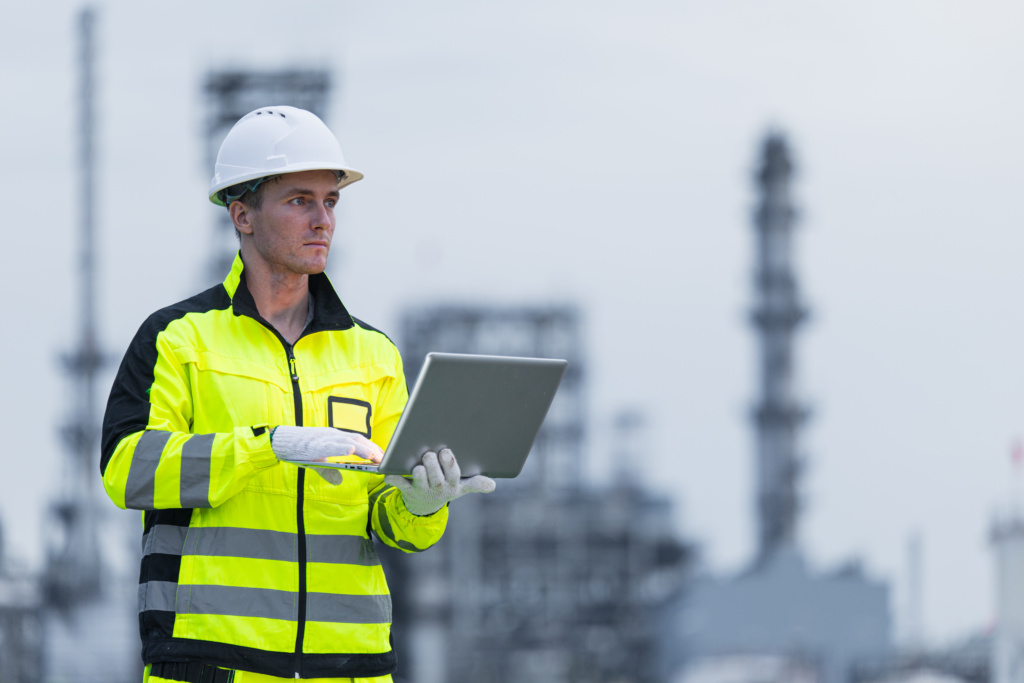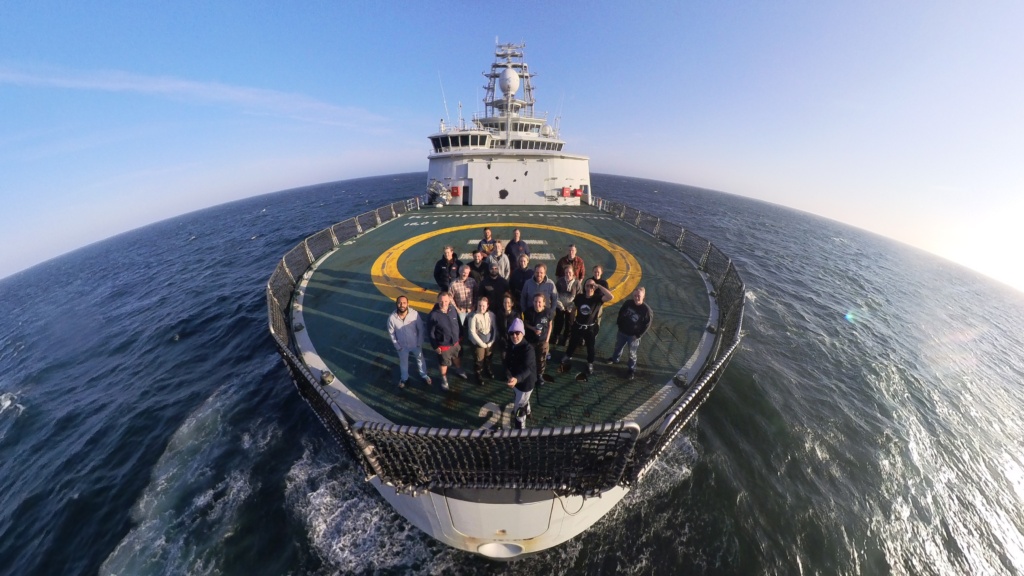“IFE is continuously strengthening its position as a central research partner within battery technology. We are looking forward to a fruitful cooperation with NORCE and industrial partners Batteriretur, Corvus Energy, Norsk Hydro and RePack”, says head of battery research at IFE, Hanne Flåten Andersen. The project will develop an ultrasound method that will make it easier to measure the condition of batteries, and thus help make batteries available for recycling and reuse.
A great potential for reuse
Lithium batteries play an increasingly large role in the transport sector, both at sea and on land. Electric car batteries are expected to be due for replacement when they reach 80 % of their original capacity, but usable battery cells and modules can have a potential for further use.
As of today there are no good methods for evaluating the condition of a battery. New methods for sorting batteries for reuse/recycling can lead to more reuse, and thus contribute positively both to the environment and to sustainable value creation.
In this project we wish to further develop the knowledge of ultrasound-based methods for non-destructive quality control/evaluation of high energy propulsion batteries. The method is currently being studied in a preliminary project at RFF Vestland. Ultrasonic waves are passed through singular cells of varying condition and a stack of new cells. The results from this project are encouraging.
Increased battery knowledge
The work is now applied to new areas by using the method on battery cells with dissimilar charge condition, ages and varying modules. We intend to acquire a level of knowledge which then can be used as a platform to develop innovations linked to the use of ultrasound equipment for determining the health- and charge conditions of the battery cells and battery modules of high energy propulsion batteries.
This knowledge may be valuable within other areas important to the Green Shift. For the business partners the innovation will, in the longer run, lead to optimised production processes (improved quality), a more cost-effective production and sustainable use of batteries through potentially longer lifespan.
The methodology may be useful for businesses within recycling and reuse and provide a better sorting of security-risk battery cells. The project will contribute to the establishment of processes that reduce the throw-away culture in society.
Press release on the ultrasound project.
Related news
-

5. January 2026
From Idea to Industry: The Innovation Journey of IFE and Oliasoft
In the world of innovation, the most significant changes often begin with a simple…
-

25. November 2025
The WellFate Project Releases New Video on the Challenges of Old Offshore Wells
The Reservoir Department at IFE has published a new video that highlights an important…
